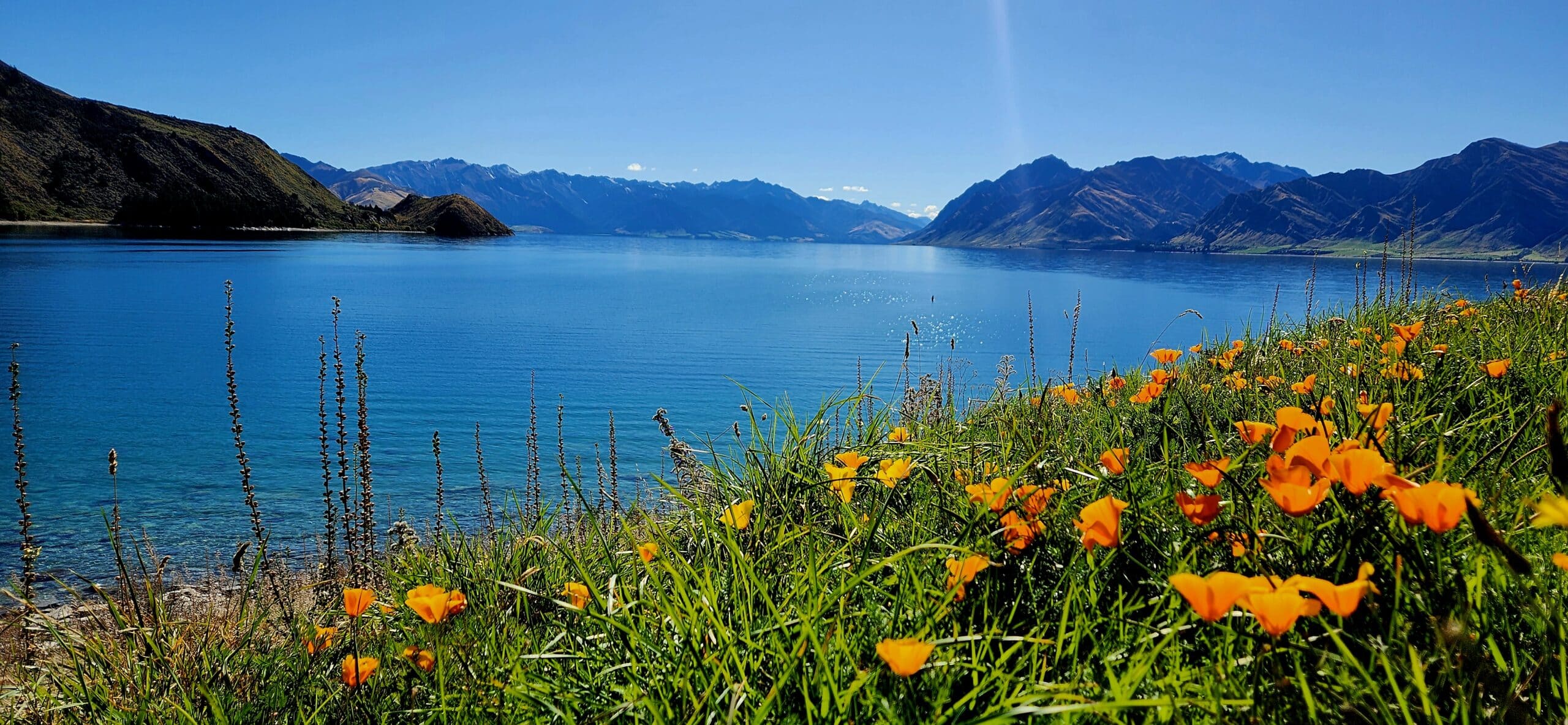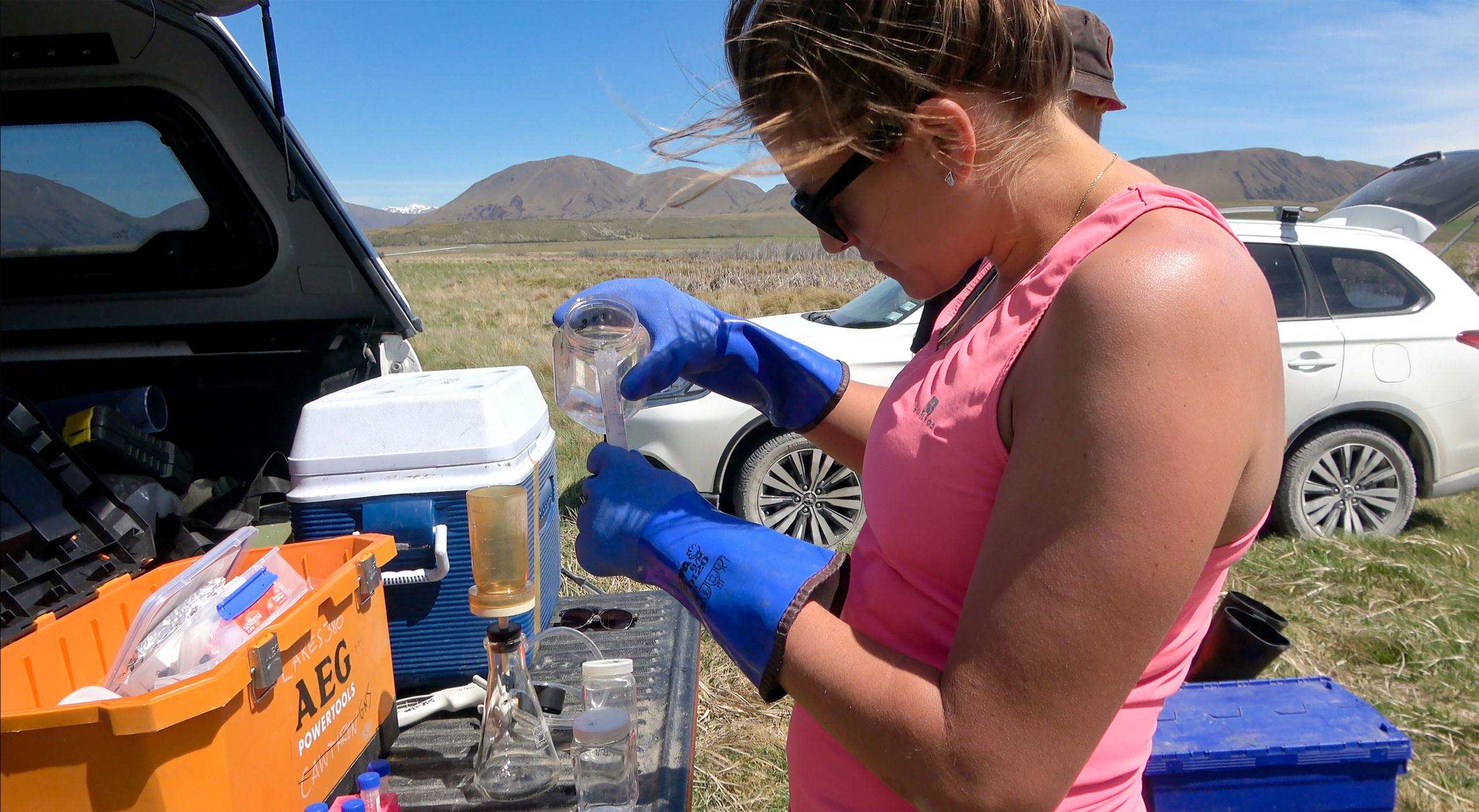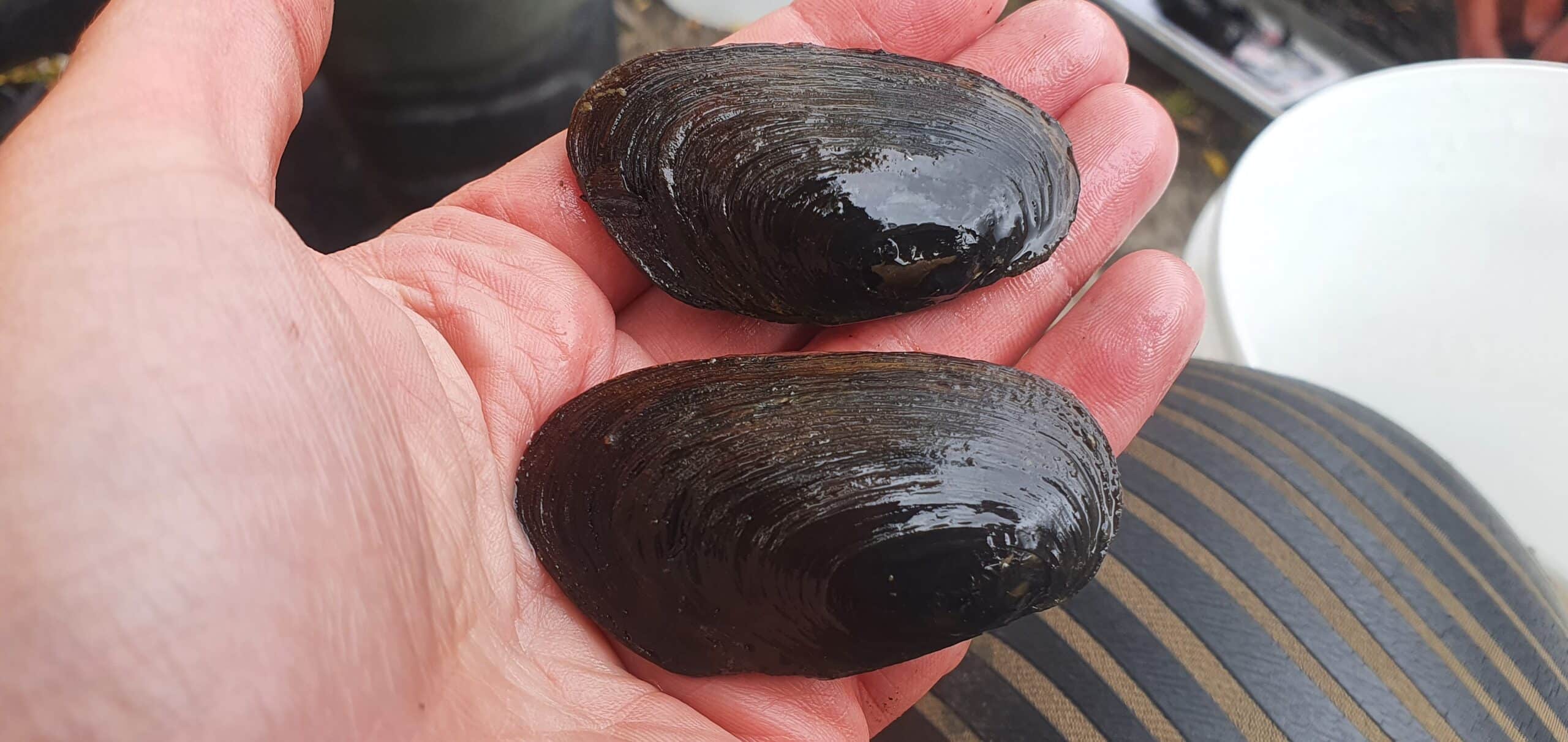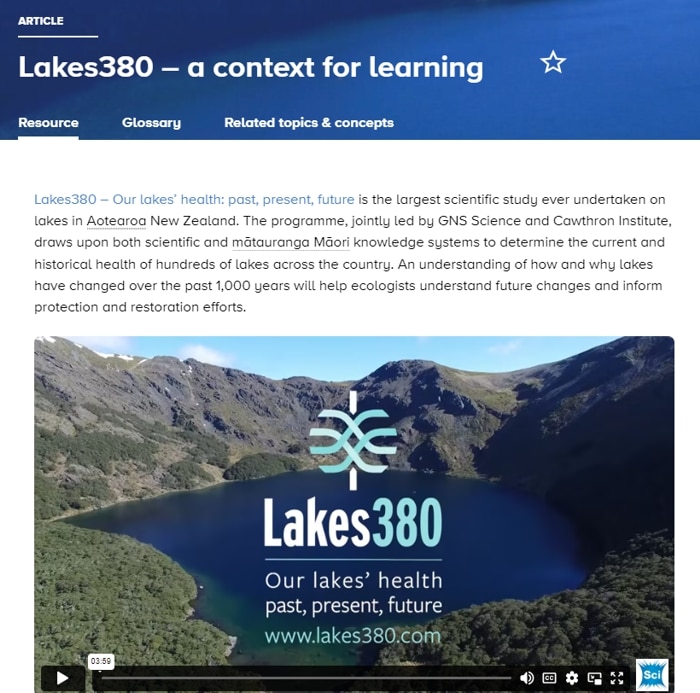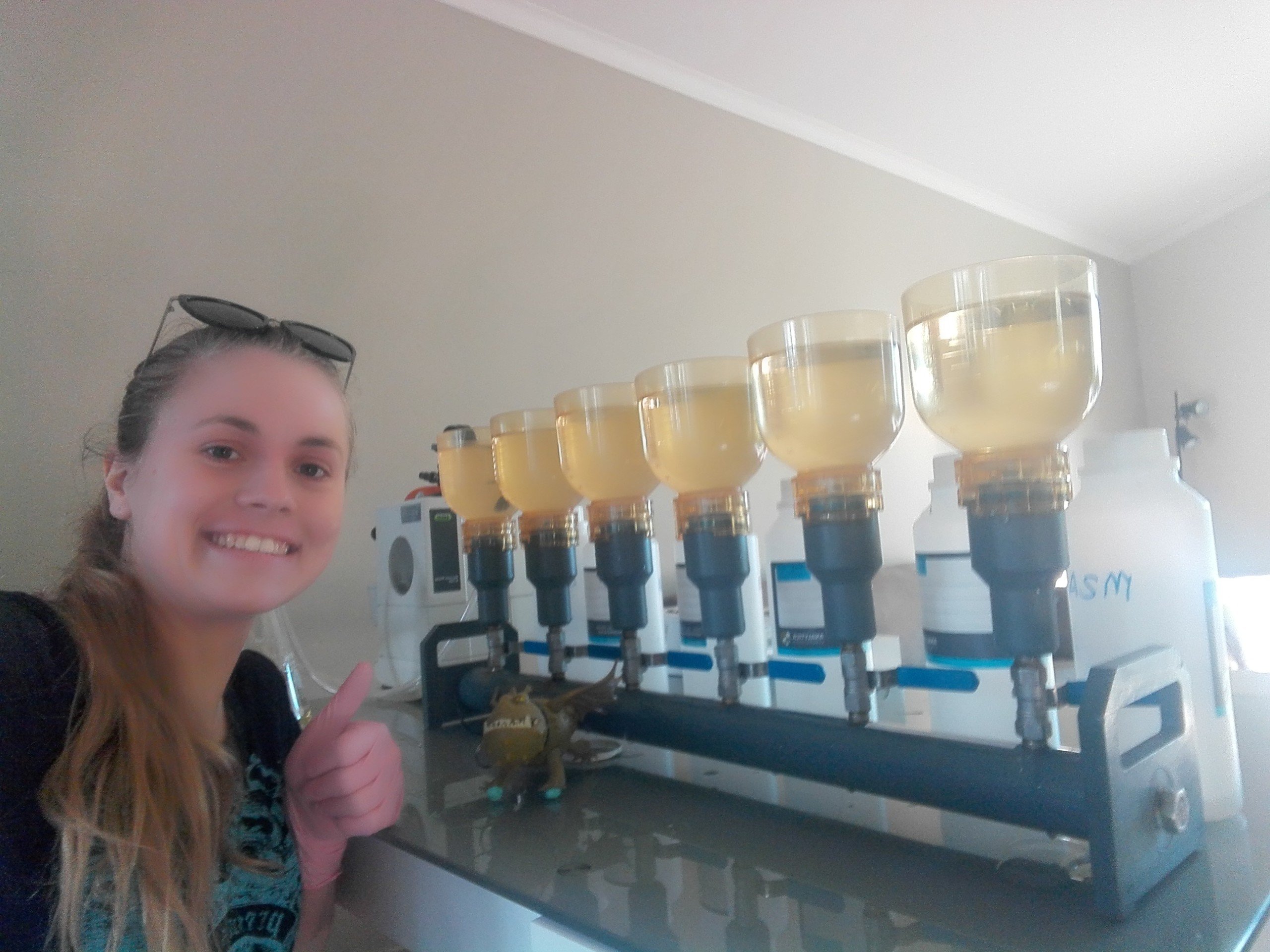THE PROJECT: We are seeking an enthusiastic and motivated student for a Masters project on using environmental DNA (eDNA) to study lake biodiversity. This project, a collaboration between Queen’s University (Canada) and the Cawthron Institute (New Zealand), is part of Cawthron’s ‘Our Lakes, Our Future’ programme. Lakes face increasing pressure from multiple stressors, but we lack methods to effectively identify and prioritize them for mitigation, often hindering restoration efforts. Our team aims to develop a world-leading approach for measuring lake health that includes cultural and ecological values. We will create new tools, including robust eDNA methods, to assess biodiversity and food webs, producing an effective approach to evaluating lake health beyond traditional water quality metrics.
The successful candidate will use eDNA to explore innovative methods to monitor biodiversity and changes in New Zealand lakes, informing and enhancing ecosystem health management.
ACADEMIC PROGRAM The successful candidate will apply to study at Queen’s University (Kingston, Ontario). The candidate will enroll in the M.Sc. program in the Department of Biology or the M.E.S. program in the School of Environmental Studies under the supervision of Dr. Diane Orihel, director of the QE3 Research Group (https://qe3research.ca/). The successful student will spend 4-6 months in New Zealand working on thesis research at the Cawthron Institute (Nelson, South Island), under the supervision of Dr. Georgia Thomson-Laing.
THE CANDIDATE We are looking for a candidate with an interest in environmental DNA techniques and in technical sampling and laboratory approaches, as well as a passion for lakes and their aquatic communities. The ideal candidate would be proficient in R and comfortable carrying out laboratory work and analyses, as the project includes the development and application of molecular techniques and assays in the lab. The candidate might also be expected to participate in fieldwork, collecting water and sediment samples from lakes.
KEY REQUIREMENTS A strong background or interest in molecular biology, limnology, or aquatic ecology. Excellent analytical and problem-solving skills. Strong written and verbal communication abilities. Ability to work independently and as part of a collaborative team, with a commitment to fostering equity, diversity, and inclusion. Canadian citizen or permanent resident.
PROJECT SKILLS The student will hone the following skills through their academic program and thesis research: Molecular assay development, Digital droplet PCR Metabarcoding, Bioinformatics, R analysis, Fieldwork in lakes Sample analysis in molecular laboratory, Communication skills.
TO APPLY Please email the following to 6?Eo8>2:=]4@>');">moc.liamg@tnemtiurcer3EQ (with the subject line “OLOF24”): (i) Cover letter, stating your interest in the project, how you meet the key requirements, and confirming that you are a Canadian citizen and/or permanent resident of Canada. (ii) Unofficial transcripts from your previous university degree(s). (iii) One writing sample, e.g., first-authored scientific publication, Honours thesis, or academic essay. (iv) Contact information (official work email address) for two academic or work references.
Application deadline is November 15, 2024, but early applications are encouraged Applications from Indigenous, Black, LGBQT+, and persons from other underrepresented groups are welcome.
